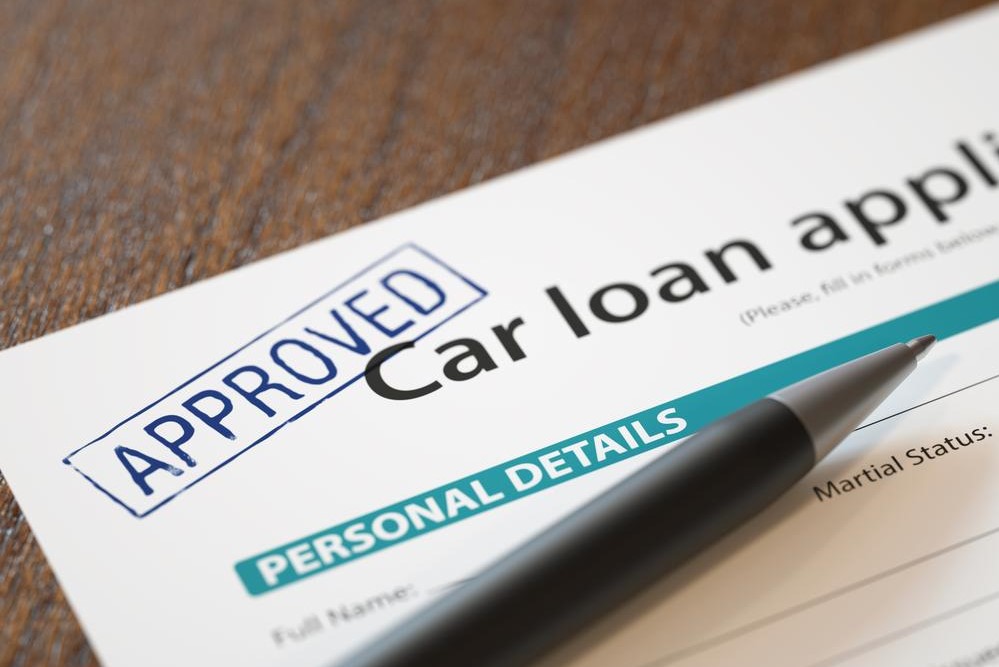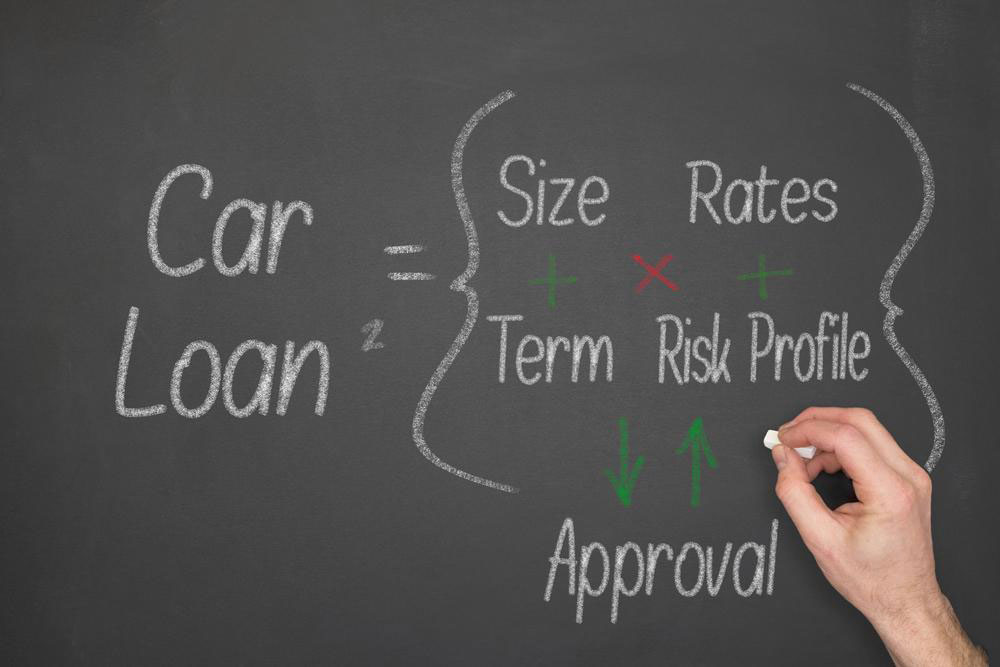Comprehensive Guide to Essential Documents for Securing an Auto Loan
This comprehensive guide covers all the essential documents needed for auto loan approval, including identification, residency proof, assets, income verification, and insurance. Preparing these documents ahead of time can streamline your application process, help avoid delays, and improve your chances of securing favorable loan terms. Whether buying a new or used vehicle, understanding and organizing these requirements is crucial for a smooth financing experience. This article provides practical tips to ensure you're fully prepared and confident when applying for an auto loan.

Comprehensive Guide to Essential Documents for Securing an Auto Loan
Obtaining an auto loan is a significant step towards owning your dream vehicle, whether it's a brand-new car or a used one. However, the approval process can be complex and often requires a series of critical documents to verify your eligibility and financial stability. Preparing these documents in advance can help smooth the application process, reduce delays, and increase your chances of securing favorable loan terms. This comprehensive guide will walk you through all the necessary documents you need to have on hand when applying for an auto loan, whether you're working with a dealership or applying online through a lending platform.
In today's fast-paced financial environment, understanding the document requirements is crucial. Lenders typically assess your financial health, identity, residency status, and ability to repay before approving a loan. Therefore, gathering these key documents in advance saves time and ensures a seamless application process. Let's delve into each of these documents in detail.
1. Valid Identification Document
The first step in your auto loan application is to verify your identity. Lenders are required to confirm that you are who you claim to be to prevent fraud and ensure compliance with legal regulations. Acceptable forms of identification include government-issued photo IDs such as a driver’s license or passport. If your bank or lender already has your ID on file from previous transactions, you might not need to submit it again. However, it's advisable to carry a valid form of ID just in case. The identification document must be current, legible, and match the information provided elsewhere in your application.
2. Proof of Residency
Another critical document needed for auto loan approval is proof of your current residence. Lenders require confirmation that you reside at the address you’ve provided in your application. Typical documents used as proof of residency include utility bills such as electricity, water, gas, or cable bills that are recent (usually within the last 30 to 60 days). These bills must display your name and the address matching your identification documentos. In some cases, lease agreements, mortgage statements, or property tax bills may also be accepted. Accurate residence proof helps build credibility and ensures the lender’s records are up-to-date.
3. Asset Documentation
To demonstrate financial stability and collateral, lenders might request proof of assets. This is especially important if you're applying for a higher loan amount or if you have other assets that can be leveraged as security. Asset documentation includes recent bank statements showing savings balances, investment account reports, property deeds, or titles of other vehicles or valuable possessions. Providing comprehensive asset details reassures lenders of your capacity to manage debt responsibly and repay the loan without undue hardship.
4. Income Verification
Your ability to repay the auto loan hinges largely on your income stability. To verify your income, lenders typically ask for recent pay stubs covering the last one or two pay periods. Alternatively, a formal verification letter from your employer confirming your current employment status and income level can be submitted. For self-employed individuals, tax returns, profit and loss statements, or 1099 forms may be required. Recent bank statements showing consistent deposits can also serve as supplementary proof of income. Demonstrating sufficient income compared to your proposed monthly payments significantly improves your chances of approval.
5. Proof of Auto Insurance Coverage
Most lenders mandate proof of auto insurance before finalizing the loan agreement. Car insurance safeguards the lender's interest in case of accidents or damages. To expedite the process, consider obtaining a pre-approval or quote from your existing insurance provider. Make sure your policy meets the minimum coverage requirements specified by your lender and that the policy is active before finalizing the loan. Providing proof of insurance is an essential step that not only satisfies lender requirements but also protects you from potential financial liabilities in the future.
Additional tips for a smooth auto loan application include checking your credit report beforehand for accuracy and improving your credit score if needed. Maintaining a healthy financial profile can also help you secure better interest rates and loan terms. Remember, each lender may have specific document requirements, so it's wise to confirm these details before submitting your application.
In summary, preparing the key documents—proof of identity, residency, assets, income, and insurance—well in advance can make the auto loan approval process more efficient and straightforward. Being organized and proactive not only speeds up the approval but also increases your chances of favorable loan conditions. Whether you're buying from a dealership or applying online, these documents are your essential tools in securing your car loan with ease.




